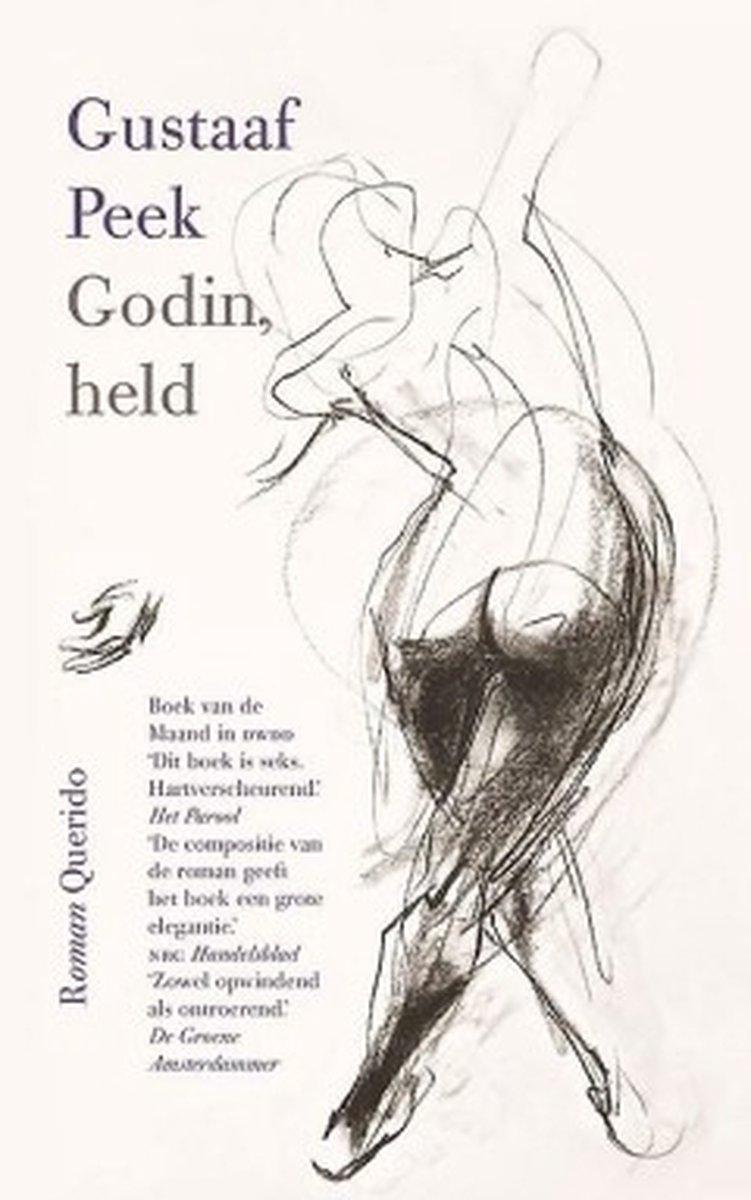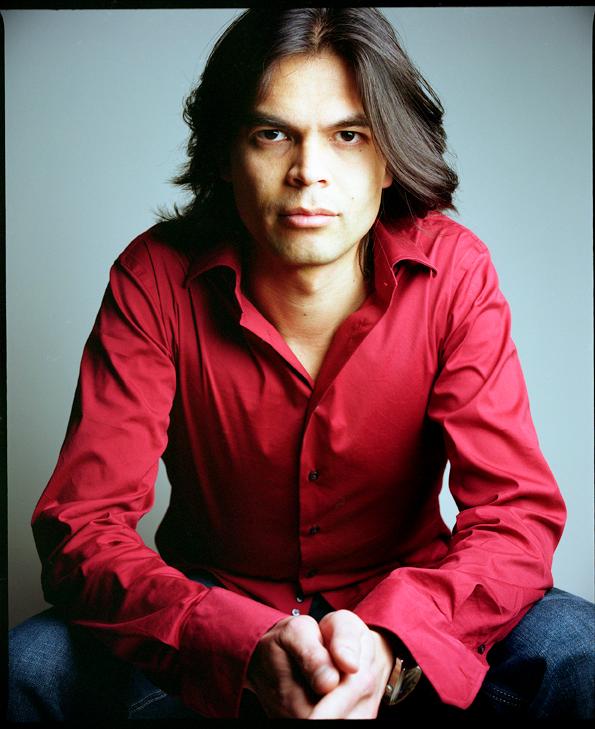Goddess, Hero
What is the nature of sexual attraction, the essence of the chemistry that draws people together? And what is it that stops two people in love from sharing their lives with each other? Gustaaf Peek examines these matters in his erotically charged novel 'Goddess, Hero', an ingeniously constructed tale of two lovers who find and lose each other.

In his previous novels, Gustaaf Peek drew inspiration from real-life events: the fate of German prisoners-of-war in a Texan internment camp during World War II (I Was America, 2010) and the deaths of a group of refugees smuggled into Britain in a freight container (Dover, 2008). In both, he demonstrated an uncanny ability to immerse himself in the lives of people on the outer reaches of human experience.
Peek’s latest novel is dominated by a single theme: the mysterious force of attraction. When teenagers Tessa (the goddess) and Marius (the hero) meet at school, they spark powerful desires in one another, desires that burn strongly through the years, even though they spend most of their lives apart. When they meet it is in the anonymity of hotel rooms, at the margin of their existence.
While Marius dreams of marrying Tessa and having a child with her, he nevertheless chooses to remain on the periphery of her life; emotional intimacy does not come easily to him. Tessa’s need for Marius is greater than his need for her, triggering a loneliness that never lets her go. The world of these two lovers is defined by the interplay between rejection and attempted reconciliation.
The novel’s most striking feature is its narrative in reverse, counting back from Chapter 50 to Chapter 0. It opens with Tessa’s funeral and returns to the moment of the lovers’ first teenage encounter. This highlights the inevitability of the events and sets their love story in the context of their demise. The theme of death is also explored through the suicide of Tessa’s son and a tender scene in which Marius observes his father’s dying breath.
The novel’s composition gives it a sweeping elegance. By telling the story in reverse, Peek goes from inevitable decline back to the beginnings of love, setting up the highest of expectations. The book resembles a crumpled drawing that is slowly unfolded and smoothed out before your eyes.
NRC Handelsblad
Peek describes the couple’s sexual encounters with intensity and fierce intelligence. He paints an intimate and disconcerting picture of how close you can get to someone else’s lips, to their eyes and yet still feel alone. The sex is sometimes animalistic and cruel: ‘Her arms free and victorious in the air, her pale armpits and unrestrained breasts, all her skin so vulnerable and close, the taste of her deep inside his mouth, on his tongue, it became too dark in him to think clearly. He assaulted her, tried to cover her with his body, relieved that she spoke as she fought him.’
Goddess, Hero is a bold undertaking: it is sexy and thoughtful, and utterly refuses to hold back in any way whatsoever. With his robust, sensual style and the guts to deliver storylines that are ragged around the edges, Peek succeeds in writing a novel that is both arousing and moving.
De Groene Amsterdammer
